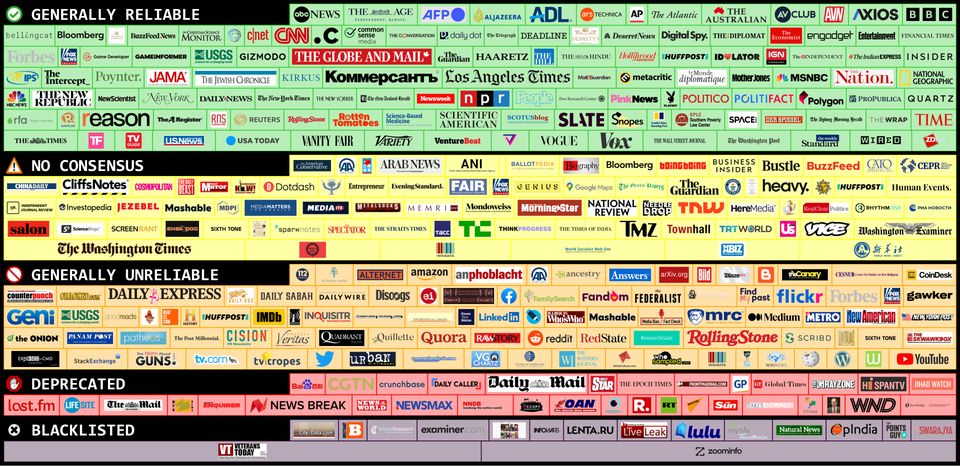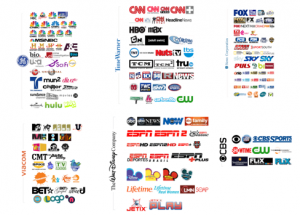Referencing: Difference between revisions
mNo edit summary |
mNo edit summary |
||
| Line 9: | Line 9: | ||
Unfortunately, this is not the end of the story. Independent scientists publish scientific papers via journals. These journals more often than not are owned by private corporations which can reject or accept the articles based upon their own interests. This maybe the root cause of something called the [[Replication Crisis|replication crisis]], which is the fact that the majority of scientific findings published in journals cannot be reproduced by another scientist. | Unfortunately, this is not the end of the story. Independent scientists publish scientific papers via journals. These journals more often than not are owned by private corporations which can reject or accept the articles based upon their own interests. This maybe the root cause of something called the [[Replication Crisis|replication crisis]], which is the fact that the majority of scientific findings published in journals cannot be reproduced by another scientist. | ||
So whilst the scientific information may be more rigorous than popular media, it is still subject to bias. To overcome this BurnZero has adapted a critical analysis weighting system | So whilst the scientific information may be more rigorous than popular media, it is still subject to bias. To overcome this BurnZero has adapted a [[critical analysis]] weighting system which give preference to sources which are thought to contain less bias relative to others. | ||
Revision as of 01:26, 31 January 2023
Historically information was scarce, but now due to the internet information is in over abundance. Its difficult to know what to trust. Wikipedia has tried to combat this issue, by listing which sources are most reliable and excluding those which prefer clicks over fact:
However, the word reliable simply implies sources are not making things up, it does not take into account potential biases of each source or framing of issues to make it more digestible to specific consumers, which is arguably worse from popular media. So for fact we need to look at the scientific literature, which should take framing and bias into account.
Scientific Bias
Unfortunately, this is not the end of the story. Independent scientists publish scientific papers via journals. These journals more often than not are owned by private corporations which can reject or accept the articles based upon their own interests. This maybe the root cause of something called the replication crisis, which is the fact that the majority of scientific findings published in journals cannot be reproduced by another scientist.
So whilst the scientific information may be more rigorous than popular media, it is still subject to bias. To overcome this BurnZero has adapted a critical analysis weighting system which give preference to sources which are thought to contain less bias relative to others.

